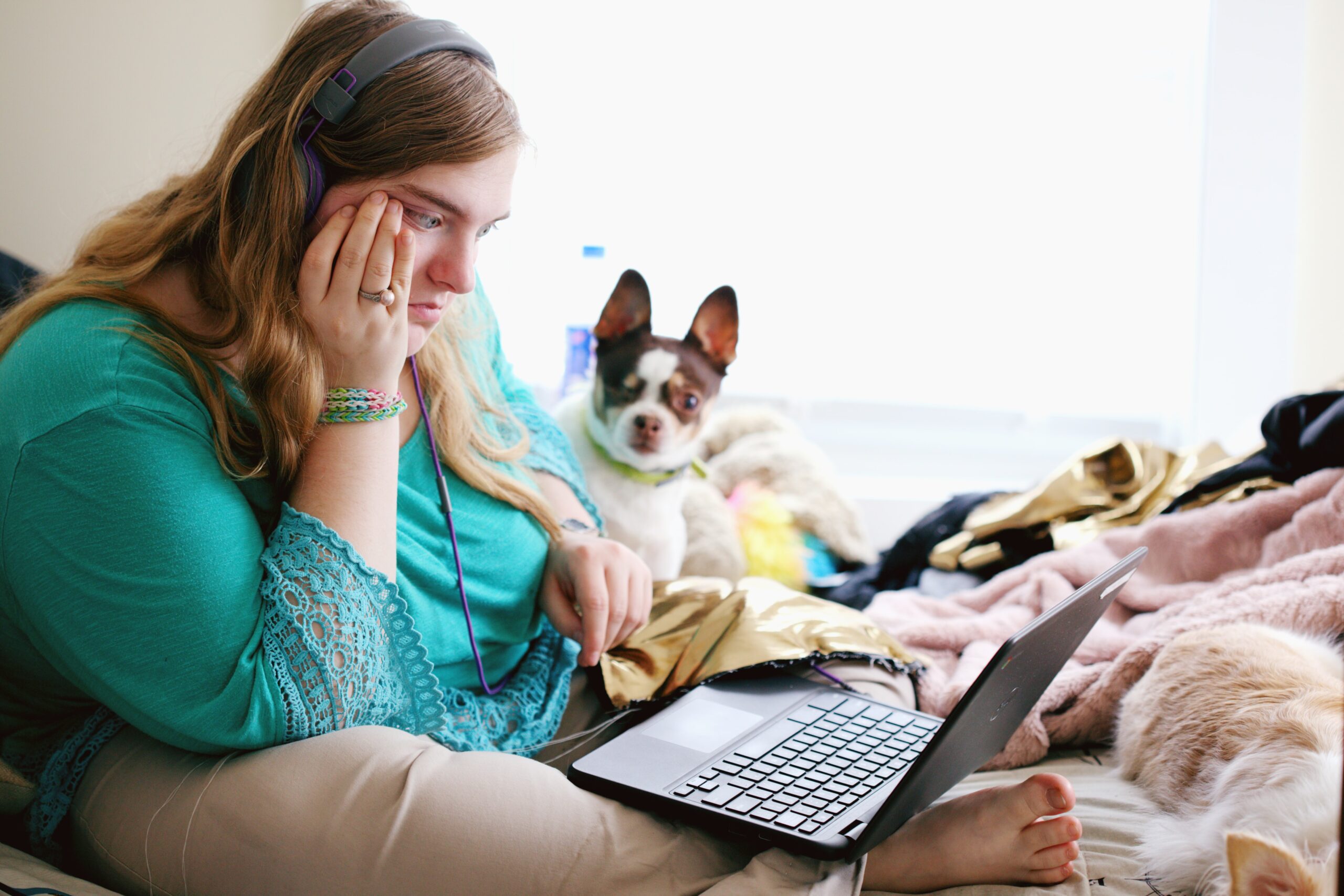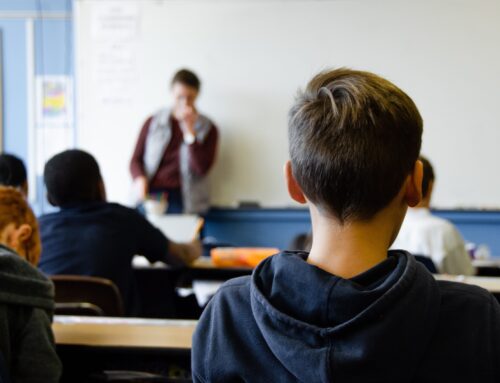Neurodiversity Celebration Week is a global initiative that challenges stereotypes and judgements about neurodivergent individuals. It aims to raise awareness of the advantages of being neurodiverse and also builds inclusive communities that celebrate diversity and empower people.
The Impact Of Exclusion
In an article entitled ‘The Rise of Autistic Voices, founder of Neurodiversity Celebration Week, Siena Castellon, states, “The majority of society still views disability from a medical perspective, which views impairment as a reason to exclude, ignore and infantilise disabled people.”
“This dominates societal decision-making and is influenced by the belief that disabled people lack the ability to advocate or speak for themselves; this dominant worldview is holding back inclusion and equality.”
Discrimination often comes from ingrained beliefs and judgements around disabilities, many of which are subconscious. People may see being disabled as an affliction, or think that disability needs to be fixed or prevented.
According to The World Report On Disability, public perception of disability creates many social barriers. Negative imagery and language, stereotypes, and stigma – with deep historical roots – persist for people with disabilities worldwide. Raising awareness and challenging negative attitudes is often the first step toward creating more accessible environments for people with disabilities.
Ways to help break the stigma
To go some way to breaking down these societal barriers, its important to question people when we hear something discriminatory. By doing so, we can create an open dialogue and opportunities to learn from one another.
Here are some other ways we can work together to break down stereotypes and the barriers they create:
Education
- Diverse representation in resources and topics. As an educator, actively search for neurodiverse resources to show representation to your students. The Neurodiversity Hub has many excellent resources for students, teachers, entrepreneurship, and the workplace.
- Explicit teaching about neurodiversity. Children should be educated on the spectrum of neurodiversity and learn about the many traits of different conditions; they may eventually be able to identify differences in themselves and their peers, and educating them on acceptance and inclusivity is extremely important.
- Normalise different learning styles and learning needs. Children should be given a choice about the way they learn from a young age, as there is no one-size-fits-all. Some people are visual learners, and some learn by reading information or listening to people talk. Giving children information in only one way solidifies that being neurodivergent is not ‘normal.’ If we start by teaching our children that everybody learns and thinks differently, we are already halfway there to a less discriminatory society.
Inclusive language
- Be aware: Communicate effectively, be transparent, honest, and open-minded, take constructive criticism, and strive to be more inclusive.
- Ask Questions: If you don’t know the best way to say something, ask people how they identify and what language they are happy with, and do your research before you say something that may be insensitive.
- Show respect: If someone tells you they are offended, apologise and rectify the situation by asking how they prefer to be identified; avoid using slang terms and perpetuating common misconceptions.
Here is a useful inclusive language guide to help.
Advocacy for Neurodiverse based legislation
- Sign petitions and share them. To pave the way for real change, we need better legislation for the rights of neurodiverse people. Keep an eye out for petitions you can sign and even create your own.
These points will help create real change and support us to be allies for neurodivergent young people.
Neurodiversity Celebration Week paves the way for inclusive education on neurodiversity and aims to get people talking. NCW has introductory webinars, panel discussions, and more, and their range of events aims to educate and inspire conversations about neurodiversity. You can find the programme of events for NCW 2023 NCW here.
Resources
Neurodiversity Celebration Week also has many useful resources, including ways businesses can create welcoming and inclusive spaces for neurodivergent people in the workplace, celebrate creative differences, and ensure inclusive recruitment practices.
You can find resources for parents on ADHD, autistic spectrum disorder (ASD), dyslexia, dyspraxia, dyscalculia, dysgraphia, and tourettes. The site also explores ways to help normalise neurodiversity for young people, such as a list of dyslexic actors and actresses, authors, chefs, and other famous people.
Here are a few of examples:
- Dan Aykroyd – Comedic Actor
- Hans Christian Andersen – Children’s Author
- Tim Burton – Movie Director
- Charles Darwin – Naturalist, Geologist, and Biologist
- Steve Jobs – Former CEO of Apple
- Alfred Kinsey – Sexologist & Biologist
- Stanley Kubrick – Film Director
- Michelangelo – Sculptor, Painter, Architect, Poet
- Sir Isaac Newton – Mathematician, Astronomer, & Physicist
- Jerry Seinfeld – Comedian
- Nikola Tesla – Inventor
- Andy Warhol – Artist
NCW has even created a neurodiversity comic book called The Umbrella Gang, which is a beautiful book for students addressing issues some neurodivergent people may experience at school.
Neurodiversity can have a huge impact on young people and their mental health. We’re here to support teachers, parents, school stakeholders and ultimately young people to better navigate the challenges faced by so many. Get in touch to find out how we can help.




